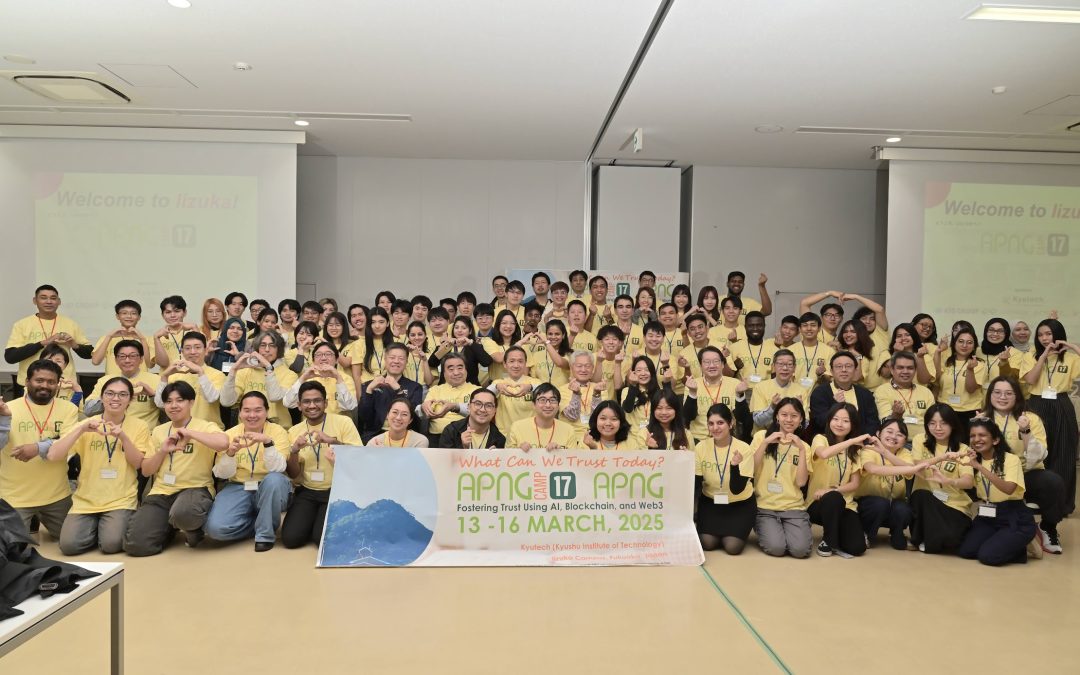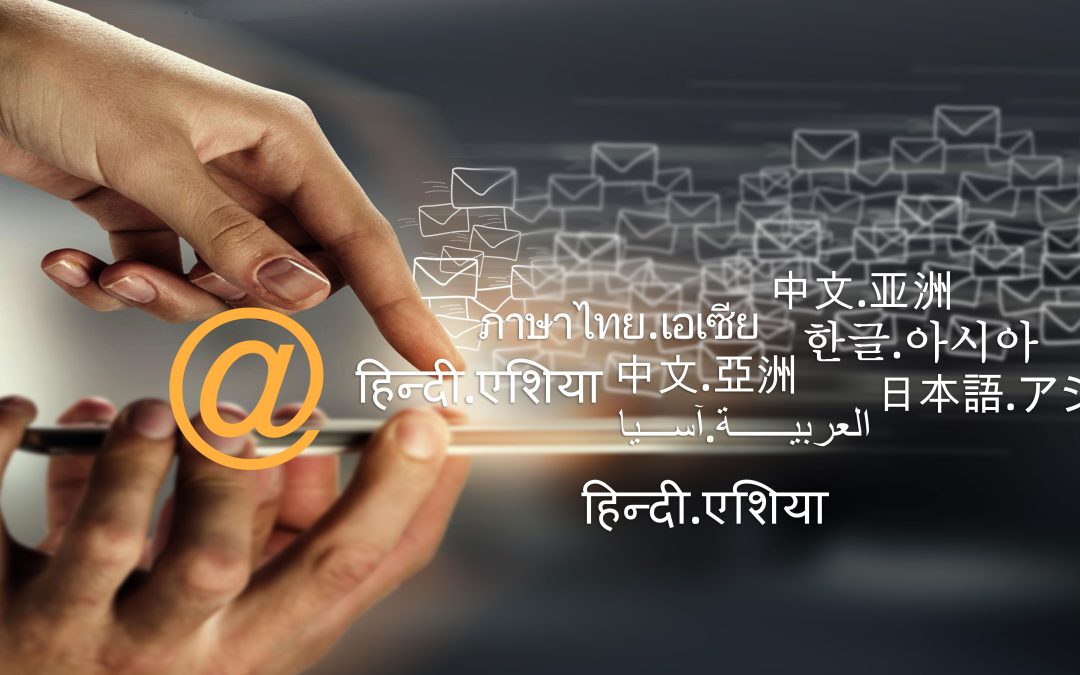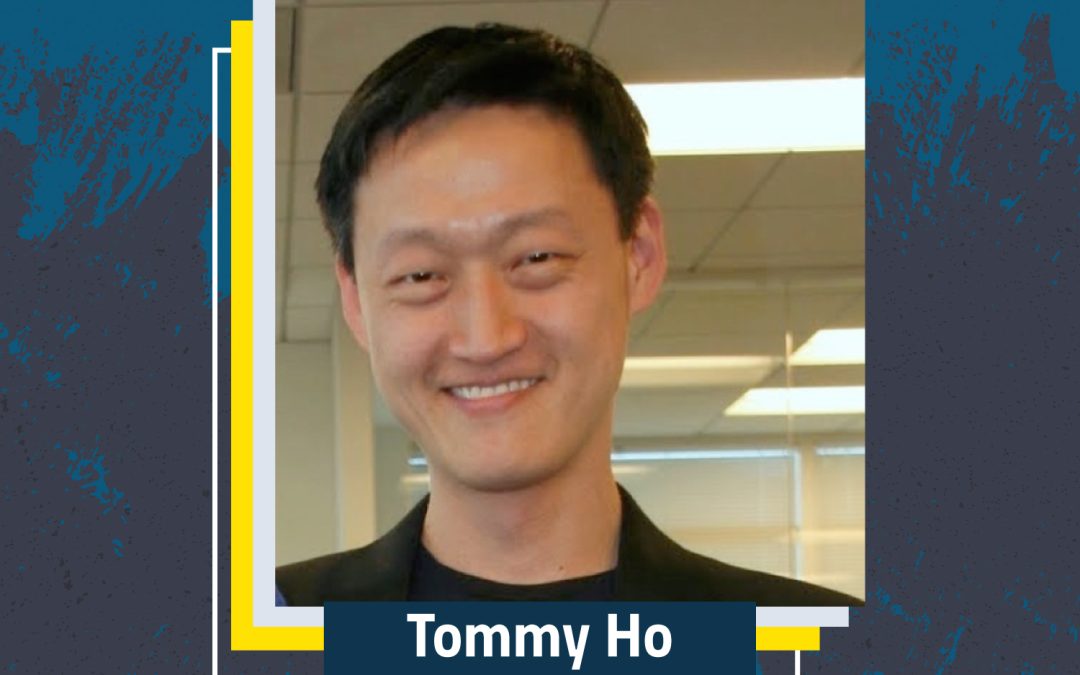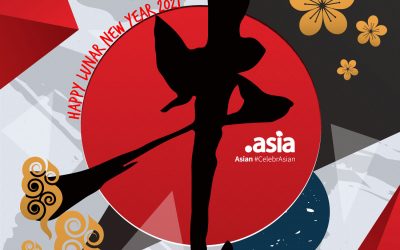June is LGBTQ+ Pride month in the U.S. and Canada. A month chosen to honour the Stonewall Riots, a tipping point for the Gay Liberation Movement in the United States. You can find out more on the Stonewall uprising by going to www.fridae.asia – Asia’s largest gay and lesbian portal.
While LGBTQ+ rights are still extremely limited in Asia compared to North America and Europe, Asia based LGBTQ+ communities are gaining momentum and support from local policy makers.
In May 2019, Taiwan became the first country in Asia to pass historic same-sex marriage bill. Thousands from the LGBTQ+ communities and their supporters came out to celebrate this landmark moment, a major step forward for LGBTQ+ community not just in Taiwan but also in Asia.
Two years earlier, a Germany-based rental housing website Nestpick conducted a survey of LGBTQ+ friendly cities around the world. Bangkok and Tokyo were ranked as Asia’s most LGBTQ+ friendly spots. The 2017 study covered 100 world cities in 80 countries, Bangkok came in at 61st place, followed by Tokyo at 70th, far down from the top three cities of Madrid, Amsterdam and Toronto.
Beijing, Shanghai and Hong Kong all ranked in the bottom twenty spots on the survey with Beijing placing last. Nevertheless, in recent years, public opinion regarding LGBTQ+ people in China has become more tolerant and accepting. 上海骄傲节 or Shanghai Pride celebrations is one of the largest and most prominent Pride festivals in China.
Interestingly, Beijing is home to the world’s largest gay dating app – Blued. Founded in 2012, Blued employs over 200 staff at its Beijing head office and has 27 million active users, most of them from China, followed by Southeast Asia.
One of the most prominent LGBTQ+ celebrations held in Southeast Asia takes place in Singapore. The Pink Dot Singapore event marks its eleventh year of celebrations this year. And yet, Singapore is one of the Asian countries that still criminalize sex between men. Other Southeast Asian countries that legally penalizes same-sex relations today include Malaysia, Brunei, Myanmar and some provinces in Indonesia.
India has only decriminalized homosexuality in 2018, a law that was introduced and put in place by the British during their rule. Recently, India‘s fastest sprinter, Dutee Chand openly admitted she is in a relationship with another woman. As the first openly
gay athlete, many see her as a trailblazer for LGBTQ rights in India. Chant is revered for her courage in coming out, but also condemned by her family and the local community for her decision to speak out.
In India, as it is in many communities in Asia, deep rooted beliefs such as the interests of the family having priority over those of the individual are very common. Especially for decisions concerning marriage.
Although Asia is home to rich cultural diversity and ethnic origins, there are many shared values and traditions throughout the region. Notions of honoring the family, respecting the elders and carrying on the family line are particularly strong beliefs held by Asian communities.
These value and beliefs hold true still even for Asian communities living overseas. The Asian American LGBTQ+ community, for instance, is incredibly diverse and yet many face similar challenges in their individual journeys to finding love and acceptance. A recent study showed that >80% of young Asian American and Pacific Islander LGBTQ+ youth said they cannot be themselves at home. Many are worries that by coming out they will disappoint, or be disrespectful to their parents.
As Pride Month celebrates love, individuality and equal rights of the LGBTQ+ community, on a personal level, perhaps the best thing we can do for our friends and family who are part of this Asian community is to appreciate them for who they are. And maybe sometimes that just means not treating them any differently.
This.Is.Asia Newsletter Issues
This.is.Asia December 2021 Issue
This.is.Asia October 2021 Issue
This.is.Asia October 2021 Issue
This.is.Asia August 2021 Issue
This.is.Asia August 2021 Issue
This.is.Asia June 2021 Issue
This.is.Asia April 2021 Issue
This.is.Asia February 2021 Issue

17th Asia Pacific Next Generation (APNG) Camp
The 17th APNG Camp successfully provided a collaborative space for young Internet leaders to explore critical topics related to trust in the digital age.

Beyond ASCII: The Vital Role of Email Address Internationalization in a Connected World
As the world becomes more connected, the need to use domain names and email addresses in local languages and scripts also continues to rise. EAI adoption has been growing in recent years, according to a Universal Acceptance Steering Group (UASG) report, as of May 2021, around 9.6% of email domains now support Email Address Internationalization (EAI), marking a noteworthy improvement from previous years. This progress indicates that EAI support is becoming more prevalent, ultimately making it simpler for individuals across the globe to utilize email addresses in their preferred languages and scripts
Continued Commitment to the Vision and Mission of DotAsia
An Open Letter and Call for Support Dear DotAsia Board and the Asia Pacific Internet Community, Thank you for the invitation for me to submit to you my ongoing commitment and vision for DotAsia to be a contributor to the regional and global Internet community as the...

AAPI Heritage Month: Interview with Tommy Ho
Asian American heritage is about inclusion. It’s a description that cuts a wide cloth across a vast array of cultures and peoples, and it’s important to celebrate the similarities and differences. I see that diversity represented within GoDaddy’s Employee Resource Group (ERG), and GoDaddy Asians are growing. Especially during these unpredictable times, our sense of belonging that we feel through our groups help to boost mental and physical health.





